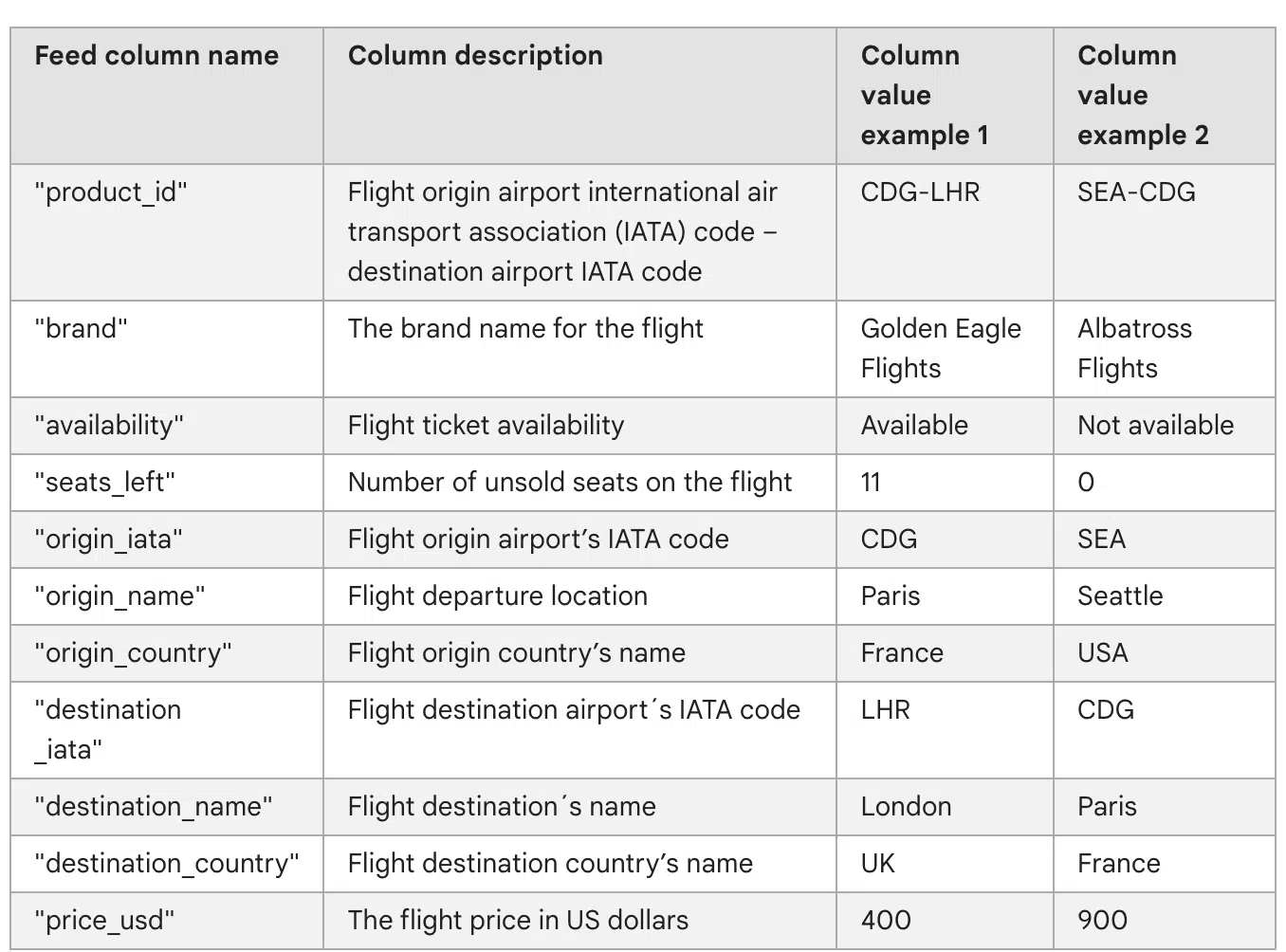While Google Ads has built-in bidding algorithms and optimization features, some PPC marketers and advertisers still rely on Google’s Search Ads 360 (SA360) for managing complex campaigns.
This article discusses three key best practices and integrations that can help maximize the value of using SA360:
- Leveraging data integrations with Google Analytics and BigQuery.
- Taking advantage of advanced bid optimization features like value-based bidding and custom variables.
- Using templates and feed automation to streamline ad creation and management processes.
What is Search Ads 360 (SA360)?
Search Ads 360 is a Google-owned search management platform helping agencies and marketers manage large search marketing campaigns across multiple engines and media channels.
You can use Search Ads 360 to create, manage and report on search campaigns on:
- Google Ads
- Microsoft Ads
- Yahoo! Japan Sponsored Products
- Baidu
SA360 is for complex accounts and brands, especially retailers who have product feeds with ongoing inventory updates.
Below are best practices to help you get the maximum value from SA360.
1. Leverage data integrations with Google Analytics and BigQuery
Bidirectional data syncing ensures everything stays consistent. Using Google Analytics conversions to feed bid ****** establishes a single source of truth across platforms.
Feeding the data into BigQuery makes analysis more robust. A few use cases include:
Seasonal trend analysis
- Brands can analyze historical SA360 data stored in BigQuery to identify seasonal trends in search queries and bookings. This insight can guide them in adjusting their ad spend and targeting strategies to capitalize on peak booking periods.
Cross-channel performance
- By integrating data from SA360 and other advertising platforms into BigQuery, brands can understand the role of search ads in the broader context of their multi-channel marketing efforts, optimizing the mix for better ROI.
Lead quality analysis
- A lead generation company can use BigQuery to analyze SA360 data combined with lead quality data from their CRM. This enables them to identify which search keywords and campaigns generate high-quality leads and adjust their bidding strategies accordingly.
2. Take advantage of advanced bid optimization features
Value-based bidding helps advertisers focus not just on one conversion event but also on a variety of events (email sign-up, conversion, finding a location, etc.).
Setting up the various values of each event helps the algorithm have a broader set of data and actions to optimize against. In addition, you can create weighting across these various conversion events in SA360 to help create the optimal mix of these events.
There is also the ability to set up custom variables through the floodlight tags. These include products, location, loyalty programs and other custom variables, which can be very important to businesses.
Variances that are isolated might not seem like they mean a lot, but when stacked up on top of one another, you can see meaningful differences.
Take, for example, the profit margin by product. Say you sell a $200 printer and a $200 digital camera. While revenue is $200 in both scenarios, the profit margin of the printer might be 30% and the digital camera only 10%. Therefore, the $200 for the printer is the preferred sale since it drove $60 of profit, while the digital camera only drove $20.
Other items that have meaningful businesses could be shipping costs that might vary based on the product’s weight or products that generate subscription revenue vs. one-time purchases. These are the types of sophisticated updates and rules you can help set in SA360 that can really make all the difference.
This includes getting sophisticated help for brand-new campaigns, referred to as a “cold start.” Such campaigns try to balance learning mode with not overreaching for a high position and wasteful spend.
While it still takes up to two weeks to get enough data out of this mode, this ‘cold start’ mode does a much better job of getting campaigns started.
Google specifically states that it overrides the bid strategy’s primary goal, such as CPA, ERS, ROAS, position and any monthly spend amount set for the bid strategy. However, it does not override minimum/maximum bids or campaign budgets.
Dig deeper: How each Google Ads bid strategy influences campaign success
Get the daily newsletter search marketers rely on.
3. Use templates and feed automation to streamline ad creation
There are many businesses beyond just retailers who have a variety of campaigns, products and variations that would save a lot of time and effort by being automated and converted into templates.
The below example for an airline helps show how these variations can be used to create dynamic ads for the consumer.
When setting these up, you can maximize their use by optimizing the feed. Remember, “garbage in, garbage out.” You must ensure the foundation is solid to fully utilize these automated features.
These templates can be found under the shared library in SA360. The below example shows how the feed should be set up.

Leveraging SA360 for advanced PPC campaigns
Search Ads 360 is a potent tool accessible only through a certified third-party seller. Skilled search marketers can leverage its advantages effectively.
However, like any tool, it requires expertise for maximum value.
Just as you wouldn’t buy a high-priced laptop solely for web browsing, you must understand your business deeply to utilize this tool effectively. Custom variables, templates and data integrations are crucial for success, particularly in competitive markets.
Opinions expressed in this article are those of the guest author and not necessarily Search Engine Land. Staff authors are listed here.
Source link : Searchengineland.com
